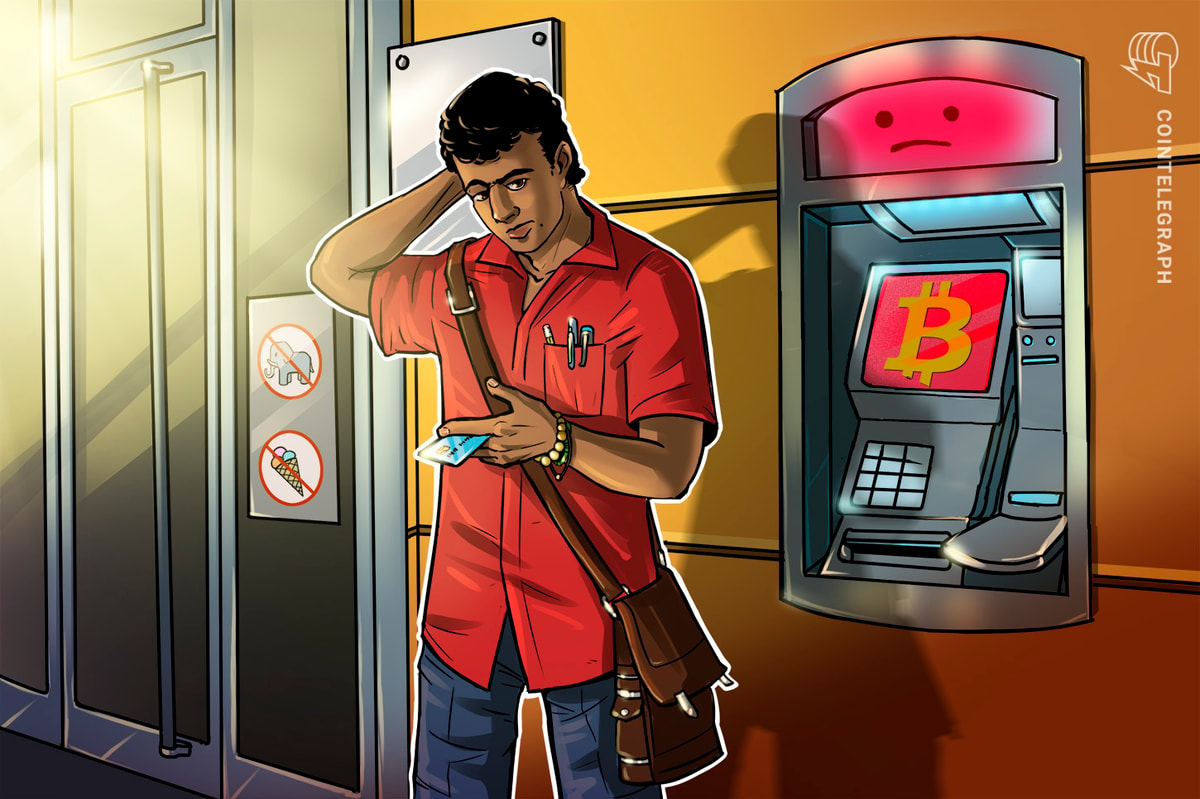The world’s largest crypto exchange, Binance, has been dismissed from a lawsuit relating to an online “pig butchering” crypto scam perpetrated on the dating app Tinder.
On May 22, United States District Judge Amos Mazzant ruled that there was no evidence that Binance Holdings Ltd. aided and abetted the theft — which involved a Texas woman who was allegedly cheated out of $8 million by a man she met on Tinder.
According to the filing, Divya Gadasalli was “promised romance and financial prosperity” by a man going by “Jerry Bulasa” on Tinder, but ended up losing over $8 million.

Gadasalli claimed Bulasa convinced her to transfer millions of dollars in what turned out to be a part of a scheme known as “pig butchering” — whereby the scammer spends weeks or months building up a fake relationship with the victim to trick them into sending over funds.
In March 2022, the plaintiff filed her complaint against Binance and several other defendants, including TD Bank, Abacus Federal Savings Bank and the Poloniex exchange, seeking injunctive relief.
Gadasalli initially argued that Binance was involved as it provided exchange services to the scammer.
She argued that Binance and Binance.US were the same entity and people used VPNs (virtual private networks) to access the exchange.
What is Pig Butchering? Has there been an increase in this scam? How do scammers build a relationship with victims? How do they convince someone to send money or invest in cryptocurrency? What do you do if you become a victim? Learn more from SSA Umphress tonight on @FOX5Vegas. pic.twitter.com/QSAnu3XFuc
— FBI Las Vegas (@FBILasVegas) February 15, 2023
However, Judge Mazzant ruled that the plaintiff “cannot point to a single fact of how Binance is actually involved in this case” and could not demonstrate how the court had jurisdiction over the company.
The judge added that Gadasalli could not prove that any of the fraud occurred in Texas since Binance and Binance.US was barred from operating there.
“Based on the facts alleged, at some point, the alleged stolen money would get converted to cryptocurrency using Binance, but nothing indicates that Texas was involved in those transactions.”
The outcome is a small victory for Binance, which still finds itself in the crosshairs of U.S. financial regulators in the land of litigation.
Related: New Jersey enforces cease and desist orders against three ‘pig butcher’ scammers
In late March, the U.S. Commodity Futures Trading Commission (CFTC) filed a lawsuit against Binance and CEO Changpeng Zhao overalleged trading violations, market manipulations, and other supposed misdeeds.
Furthermore, CFTC Chair Rostin Behnam claimed that exchange executives knowingly operated outside of U.S. commodities laws.
Binance’s Australian arm recently announced it would be halting Australian dollar withdrawals and deposits via bank transfer due to a decision from its third-party payments provider Cuscal.
In a separate statement the same day, Cuscal hinted at the impact of “scams and fraud” related to “account fraud, ID takeover and crypto activity." It did not reference Binance in its statement.
Magazine: Cryptocurrency trading addiction: What to look out for and how it is treated











